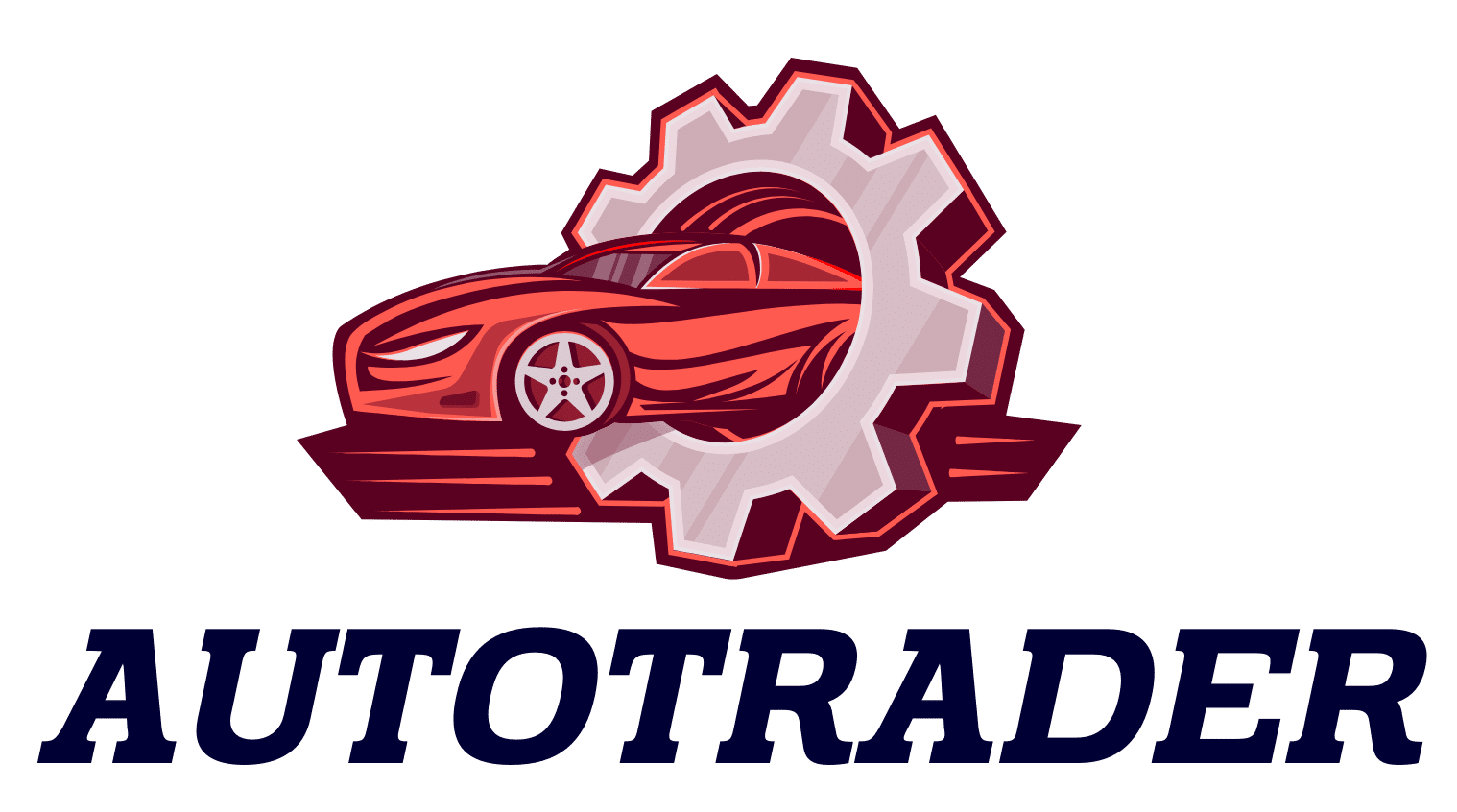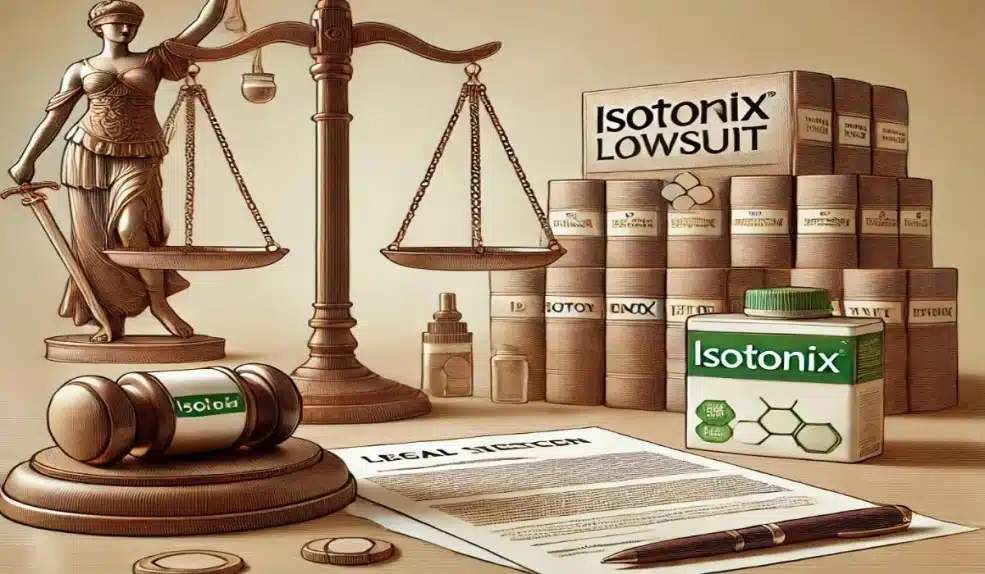Isotonix, a popular line of nutritional supplements, has been at the center of several legal disputes over the years. Marketed by Market America, the Isotonix brand claims to offer better absorption and bioavailability than traditional supplements, leading to its growing popularity among consumers. However, as with many health and wellness products, Isotonix has also faced scrutiny, resulting in lawsuits that question the efficacy of the products and the practices behind their marketing and sales.
In this article, we will delve into the Isotonix Lawsuit, examining the reasons behind these legal cases, the outcomes, and what they mean for the company and its customers. We will also explore the broader implications of these lawsuits within the health supplement industry.
What is Isotonix?
Isotonix is a line of powdered nutritional supplements that, when mixed with water, create a solution that mimics the body’s natural isotonic fluids. These isotonic solutions are said to enhance the body’s ability to absorb nutrients more efficiently, as they do not need to be broken down like capsules or tablets.
Market America, the company behind Isotonix, claims that this delivery method leads to higher nutrient absorption, allowing users to get more value from their supplements. The range of Isotonix products includes multivitamins, probiotics, digestive enzymes, antioxidants, and other specialized formulas designed to support overall health and well-being.
Understanding the Lawsuits Against Isotonix
1. Misleading Advertising and Health Claims
One of the primary reasons Isotonix has faced lawsuits is due to claims of misleading advertising. As with many supplement companies, there have been accusations that Isotonix products are marketed in a way that exaggerates their benefits, leading to false advertising lawsuits.
In some cases, consumers or advocacy groups have alleged that Isotonix makes unsubstantiated claims about the health benefits of their products. For example, some lawsuits have questioned the scientific validity behind claims that Isotonix supplements offer superior nutrient absorption compared to traditional pills and tablets. Critics argue that while isotonic solutions may theoretically offer better absorption, there is not enough robust scientific evidence to support the idea that Isotonix products significantly outperform other supplements in this regard.
2. Pyramid Scheme Allegations Against Market America
A significant legal challenge faced by Market America, the parent company of Isotonix, is related to allegations of operating a pyramid scheme. This controversy stems from the company’s multi-level marketing (MLM) structure, which rewards participants not only for selling products but also for recruiting new members into the program.
In some lawsuits, plaintiffs have argued that Market America’s business model is less focused on selling products and more on incentivizing recruitment, which is a hallmark of pyramid schemes. These allegations have led to class-action lawsuits and investigations by regulatory bodies, such as the Federal Trade Commission (FTC). Pyramid schemes are illegal in most jurisdictions because they rely on the constant recruitment of new members rather than actual product sales to sustain revenue.
Market America has defended its business model by stating that it is a legitimate MLM, where participants can earn money through product sales in addition to recruitment. The company asserts that its MLM structure complies with all legal requirements and that it provides clear guidelines to participants on how to operate within the bounds of the law.
3. Lack of FDA Regulation
The supplement industry is not as strictly regulated as the pharmaceutical industry, which has led to lawsuits against companies like Isotonix for selling products that have not been adequately tested for safety and efficacy. In the United States, the Food and Drug Administration (FDA) does not require dietary supplements to undergo the same rigorous testing as prescription drugs, which can lead to legal challenges if a product causes harm or does not deliver on its promises.
In some lawsuits, plaintiffs have argued that Isotonix products did not provide the health benefits that were advertised, leading to consumer dissatisfaction and legal action. Additionally, there have been cases where individuals have experienced adverse side effects after using certain Isotonix supplements, which has further fueled legal disputes.
4. Intellectual Property Disputes
Beyond consumer protection lawsuits, Market America has also faced legal challenges related to intellectual property. In some instances, competitors or former partners have claimed that Market America infringed on patents or trademarks related to the development and marketing of nutritional supplements.
These intellectual property disputes have resulted in drawn-out court battles, with both sides seeking compensation for damages and, in some cases, injunctive relief to stop the sale of certain products. While these cases do not necessarily reflect poorly on the quality of Isotonix products, they highlight the complex legal landscape that companies in the health and wellness industry must navigate.
The Outcomes of the Isotonix Lawsuits
While not every lawsuit against Isotonix or Market America has resulted in a verdict against the company, these legal challenges have had a significant impact on its reputation and business practices.
1. Settlements and Financial Penalties
In some cases, Market America has chosen to settle lawsuits out of court to avoid the potential costs and negative publicity associated with prolonged legal battles. These settlements often involve financial compensation for plaintiffs, but they do not necessarily imply an admission of guilt on the part of the company.
While the exact terms of many settlements remain confidential, it is clear that the company has paid significant sums to resolve disputes related to misleading advertising, pyramid scheme allegations, and other legal issues.
2. Changes to Marketing Practices
As a result of some of the legal challenges, Market America has made changes to the way it markets Isotonix products. In particular, the company has taken steps to ensure that its advertising is compliant with FDA and FTC guidelines, focusing on making more evidence-based claims about the benefits of its products.
These changes may help the company avoid future lawsuits related to false advertising and misleading health claims. However, the inherent lack of regulation in the supplement industry means that there is always a risk of further legal challenges.
3. Increased Scrutiny from Regulators
In addition to private lawsuits, Market America and Isotonix have faced increased scrutiny from regulatory bodies. For example, the FTC has investigated the company’s MLM structure to ensure that it complies with laws prohibiting pyramid schemes. While Market America has not been definitively found to be operating an illegal pyramid scheme, the company remains under close watch by regulators.
The Broader Implications of the Isotonix Lawsuits
The legal challenges faced by Isotonix and Market America are not unique to the company. The dietary supplement industry as a whole is rife with controversy, due in large part to the lack of stringent regulation and the widespread use of MLM business models. As a result, consumers must be vigilant when choosing supplements and should always research the companies and products they are considering.
1. Consumer Awareness
One of the key takeaways from the Isotonix lawsuits is the importance of consumer awareness. Customers should be cautious of health claims that sound too good to be true, especially when they come from companies that operate in the less-regulated supplement industry. It is always advisable to consult with a healthcare professional before starting any new supplement regimen, particularly if the product makes bold claims about improved health or performance.
2. Regulatory Reform
The Isotonix lawsuits also highlight the need for greater regulatory oversight in the supplement industry. Many experts believe that the FDA should play a more active role in ensuring the safety and efficacy of dietary supplements, as this would help protect consumers from false advertising and potentially harmful products.
3. MLM Business Models
Finally, the pyramid scheme allegations against Market America underscore the ongoing debate about the ethics of multi-level marketing. While MLMs can be a legitimate business model, they are often criticized for prioritizing recruitment over product sales, leading to financial losses for many participants. As such, consumers and potential MLM participants should carefully evaluate any MLM opportunity before committing their time and money.
Conclusion
The Isotonix lawsuits serve as a cautionary tale for both consumers and companies in the supplement industry. While Isotonix products may offer some benefits, the legal challenges faced by Market America highlight the importance of transparency, ethical business practices, and regulatory compliance in the health and wellness space.
Consumers should approach dietary supplements with a critical eye, ensuring that the products they use are safe, effective, and backed by credible scientific evidence. Likewise, companies like Market America must continue to evolve their practices to avoid future lawsuits and maintain the trust of their customers.

